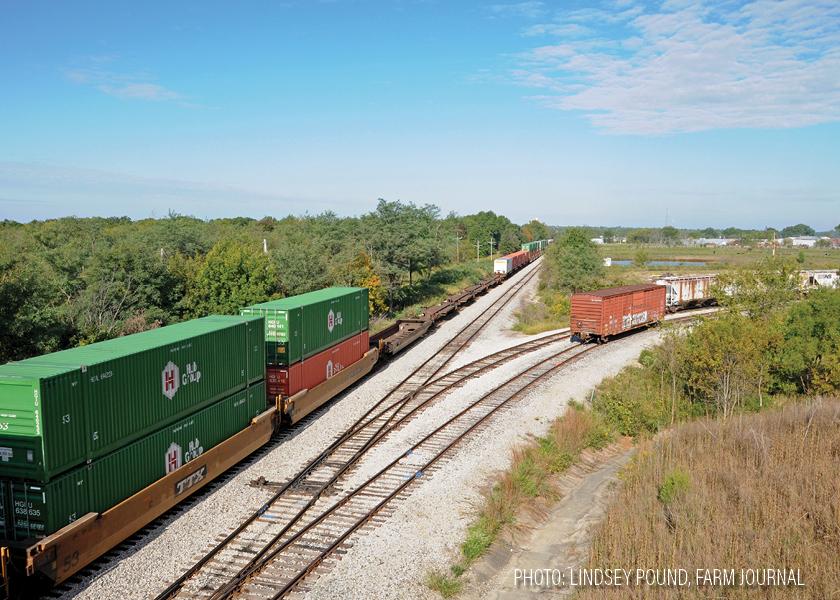Decision Is In: STB Approves Acquisition of Kansas City Southern Railway Company by Canadian Pacific Railway Limited

After a year and a half of a pending decision in front of the Surface Transportation Board (STB), the federal agency issued its approval of the acquisition of Kansas City Southern Railway Company (KCS) by Canadian Pacific Railway Limited (CP).
STB Chairman Martin Oberman hosted a press conference—the first of its kind that he said anyone could remember—to explain more behind the decision, which approves the first major merger in 25 years.
“On balance, the merger of these two railroads will benefit the American economy, and will be an improvement for all citizens in terms of safety, and the environment,” Oberman says.
In full, the decision is a 175 pages single spaced with extensive appendices. The STB received over 2,000 comments, hosted seven community listening sessions as well as a seven-day public hearing by the board last fall.
The agency’s press release highlighted: “The decision includes an unprecedented seven-year oversight period and contains many conditions designed to mitigate environmental impacts, preserve competition, protect railroad workers, and promote efficient passenger rail.”
Oberman says important to the STB decision, 450 shippers supplied statement in approval of the merger.
Also, the board considered how CP and KCS are the smallest of the class one railroads with no overlapping routes. KCS has 7,000 route miles, and CP has 13,000 route miles. Whereas, Burlington Northern and Union Pacific have more than 32,000 route miles.
“One of the underlying factors that we found in this merger is that putting these two small railroads, together, will actually provide a stronger competitive landscape in the rail industry, visa vie, these much larger railroads because separately these railroads just do not have the same power and provide a competitive service as we have found they will together, and I think that's an important point,” Oberman says.
STB also emphasized the lack of overlap in the rail service offerings between the two merging railroads.
“One of the key aspects of this merger, which is different from all past mergers that I'm aware of, is that it is end to end. The routes of CP and KCS do not overlap. They do not serve the same origins and destinations. So there will be no loss of a parallel competitive route by putting these two railroads together. That is a central fact of this decision. And a central fact on which I believe the board relied,” Oberman says.
To maintain competitiveness, another operations aspect highlighted in the decision is maintaining gateways.
“Gateways are places in the rail network where two railroads come together and they interchange traffic to get from one place to the other,” Oberman says. “There are many places currently that CP and KCS serve that connects through gateways where today, shippers have options at the gateway on how to get their service to the ultimate destination or to get it from the ultimate the original origin. This decision imposes a requirement that all of those gateways remain open on the same open terms that exists today without the merger. And we imposed very stringent supervision of that requirements so that it is complied with.”
Also, the decision restricts CPKC from terminating reciprocal switching access for shipper facilities served by CP or KCS that exist today.
For more details on the environmental assessment and safety considerations behind the merger decision, click here for the full STB decision on the CP and KCS railroads here.
You can watch the full news conference Oberman hosted here:







